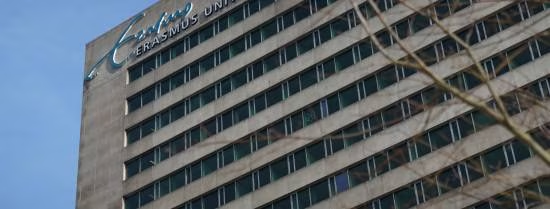Susana holds a BSc in Environmental Science and MSc in Interdisciplinary Studies in Environmental, Economic and Social Sustainability with a specialisation in Urban and Industrial Ecology and a PhD in Environmental Science and Technology from the Universitat Autònoma de Barcelona (UAB). Her expertise includes the integrated analysis of urban systems from an environmental and social perspective using Life Cycle Assessment (LCA), social analysis and socio-ecosystem metabolism assessment. Her previous research was focused on the implementation of urban agriculture, energy systems, rainwater harvesting on underutilized rooftops in cities. Especially, in urban areas where these resources are most needed and demanded. More recently, she has focused on the recovery of resources in cities aiming to transform urban settings into more circular, healthy and self-sufficient places.
Within the Inclusive Wise Waste Cities project, she will be focused on the development of an innovative analytical-design-evaluation tools package to simulate the various waste recycling behaviors and the socioeconomic and environmental impacts of the effects of wise-waste cities.
“Cities are hubs of human activity, where vast numbers of people generate a correspondingly large amount of waste. In order to foster more circular and inclusive urban environments, it is essential to implement new strategies for urban development, and to encourage environmentally conscious behavior among citizens. My personal goal has always been to provide practical solutions that specifically address the challenges of urban living, which is where most people reside and where such interventions are most urgently required. To achieve this, it is crucial to engage all relevant stakeholders in a paradigm shift where cities are not just passive consumers, but active producers of their resources.”
